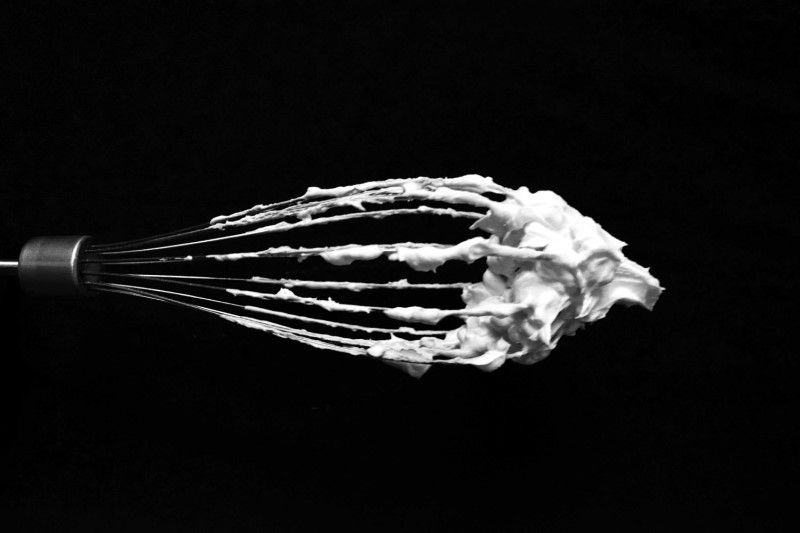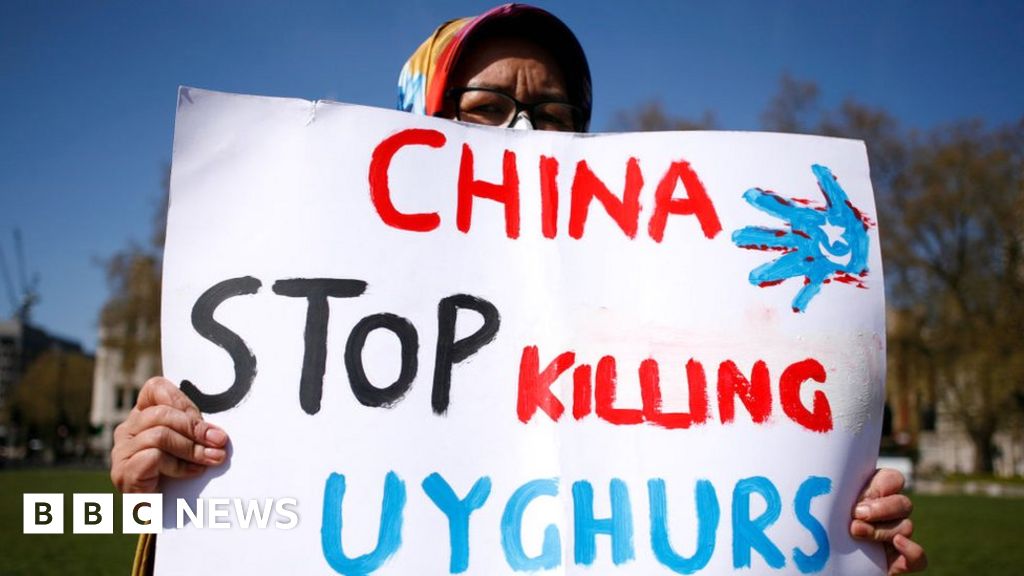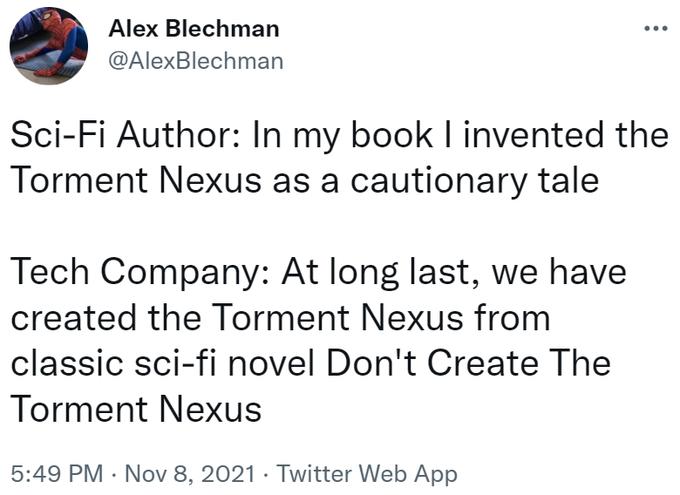WYSK: 07/01/22
This Week: 0. One Good Thing; 1. Modern Babel; 2. EPA Ruling; 3. China Hack; 4. Squid Game

What you should know from the week of 07/21/22:
- One Good Thing: Imports from Xinjiang banned in the US!
- Modern Babel: The platforms alleged to bring the world together have actually shattered discourse;
- EPA Ruling: SCOTUS' ruling on the EPA is not as simple as it seems;
- China Hack: Billions of Chinese citizens' records hacked due to an embarassing mistake by the government;
- Squid Game: Dystopia to be avoided, or something to emulate?
One Good Thing:

The US just implemented a ban on exports from Xinjiang—China's northwestern-most region and where China is committing genocide against the local Uyghur population.
Could (and should) the US be doing more? Yes! But this is still great news.
Modern Babel:

A really excellent long-form article from Jonathan Haidt in The Atlantic.
The story uses the Biblical account of the Tower of Babel—where language was confused and fractured—as a metaphor for modern communication media, especially social media:
But Babel is not a story about tribalism; it’s a story about the fragmentation of everything. It’s about the shattering of all that had seemed solid, the scattering of people who had been a community. It’s a metaphor for what is happening not only between red and blue, but within the left and within the right, as well as within universities, companies, professional associations, museums, and even families.
Haidt proposes that 2011 was the high point of unity and communication online, and that since then democratic societies have fractured, following James Madison's predictions in Federalist No. 10 of tendencies to factionalism. All of this driven by social media's prioritization of enraging content:
Later research showed that posts that trigger emotions––especially anger at out-groups––are the most likely to be shared.
The whole article is tremendously worth reading, spanning much more than I can cover here. But here are two paragraphs that stuck out to me in particular:
Second, the dart guns of social media give more power and voice to the political extremes while reducing the power and voice of the moderate majority. The “Hidden Tribes” study, by the pro-democracy group More in Common, surveyed 8,000 Americans in 2017 and 2018 and identified seven groups that shared beliefs and behaviors. The one furthest to the right, known as the “devoted conservatives,” comprised 6 percent of the U.S. population. The group furthest to the left, the “progressive activists,” comprised 8 percent of the population. The progressive activists were by far the most prolific group on social media: 70 percent had shared political content over the previous year. The devoted conservatives followed, at 56 percent.
These two extreme groups are similar in surprising ways. They are the whitest and richest of the seven groups, which suggests that America is being torn apart by a battle between two subsets of the elite who are not representative of the broader society. What’s more, they are the two groups that show the greatest homogeneity in their moral and political attitudes. This uniformity of opinion, the study’s authors speculate, is likely a result of thought-policing on social media: “Those who express sympathy for the views of opposing groups may experience backlash from their own cohort.” In other words, political extremists don’t just shoot darts at their enemies; they spend a lot of their ammunition targeting dissenters or nuanced thinkers on their own team. In this way, social media makes a political system based on compromise grind to a halt.
EPA Ruling:

The Supreme Court ruled against the EPA's "Clean Power Plan." Depending on where you read, this is a triumph of limited government, or an absurd and dangerous overreach.
While most coverage takes a clear stance on the rightness or wrongness of the ruling, I think it is not actually a clear-cut issue.
In the Plan, the EPA set carbon dioxide emissions standards that were so strict it would require many plants to leverage "generation shifting" (changing from one method of electrical generation like burning coal to a cleaner source like renewables) to meet the requirements. The EPA acknowledged that the regulations would require some plants to change the way they generated energy. The issue at stake was whether Congress had given the EPA the authority to mandate such broad requirements, or whether that right needed to be explicitly given,
The Court's opinion focused on the fact that elements of this regulation from EPA were unprecedented, and that the goal/function of the regulation would be a shift in how the electrical grid functions, which is beyond the purview of the EPA.
Justice Kagan's dissent focused on the fact that Congress was intentionally broad in their language when giving authorities to the EPA, and that the need for climate regulation is critical.
After reading the ruling, the dissent, and several opinions and articles, I think either interpretation would be valid.
One thing that critically complicates the issue is that the American public has gotten acclimated to a Congress that is impotent and indolent, and an Executive that casually wields emergency powers and executive orders to reach beyond its authority.
As a result, it is natural to want the Judicial branch (SCOTUS) to save us from Congressional inaction.
China Hack:

A giant data leak in China exposed "23 terabytes of data containing the personal details of 1 billion Chinese citizens in what some experts say is the largest data breach in history." The data is alleged to come from Shanghai police databases.
It appears that the breach was enabled as a result of an embarrassing mistake:
Changpeng Zhao, CEO of crypto exchange Binance...said that the hack had likely occurred because a government developer inadvertently published login credentials to the database on a tech blog.
This is a notable breach as a result of China's censorship of the breach internal to China, but the key thing to note here is that "data is a toxic asset."
Squid Game:

Netflix is now producing "Squid Game: The Challenge," a reality TV show based off of the show "Squid Game:"
In case you missed the trend, Squid Game was "Netflix’s most popular series of all time, racking up more than 1.65 billion view hours in its first 28 days"
Squid Game told the story of a divorced father and gambler (Lee Jung-jae) who enters a secret competition where 456 players compete in a series of playground games such as tug of war. The losers of each round are executed until just one victor remains.
The new reality TV show "will have 456 players competing in a series of games for the chance to win $4.56 million. Netflix claims the payout is the largest lump-sum cash prize in TV history..."
It seems wild that a show made famous by its gruesome violence in a dystopian setting, has become something we as a society have decided to emulate. I leave you with a meme:

Interest piqued? Disagree? Reach out to me at TwelveTablesBlog [at] protonmail.com with your thoughts.
Photo by Tamara Gak on Unsplash


